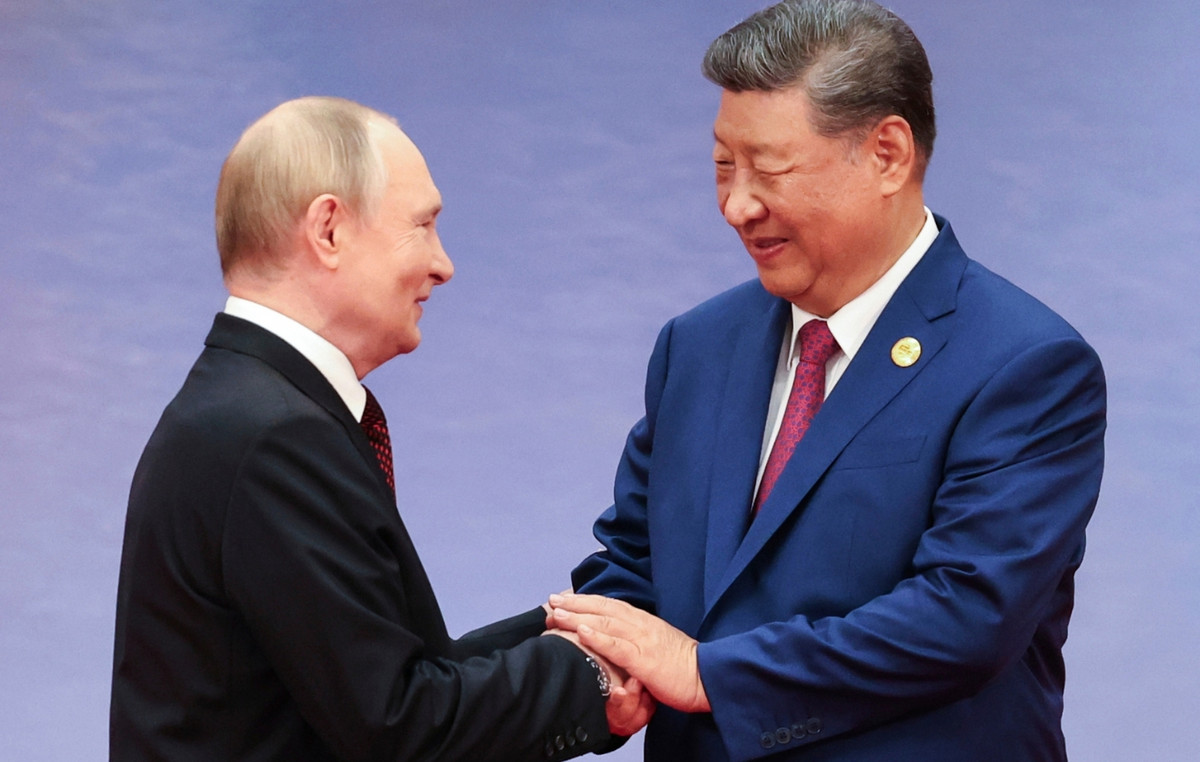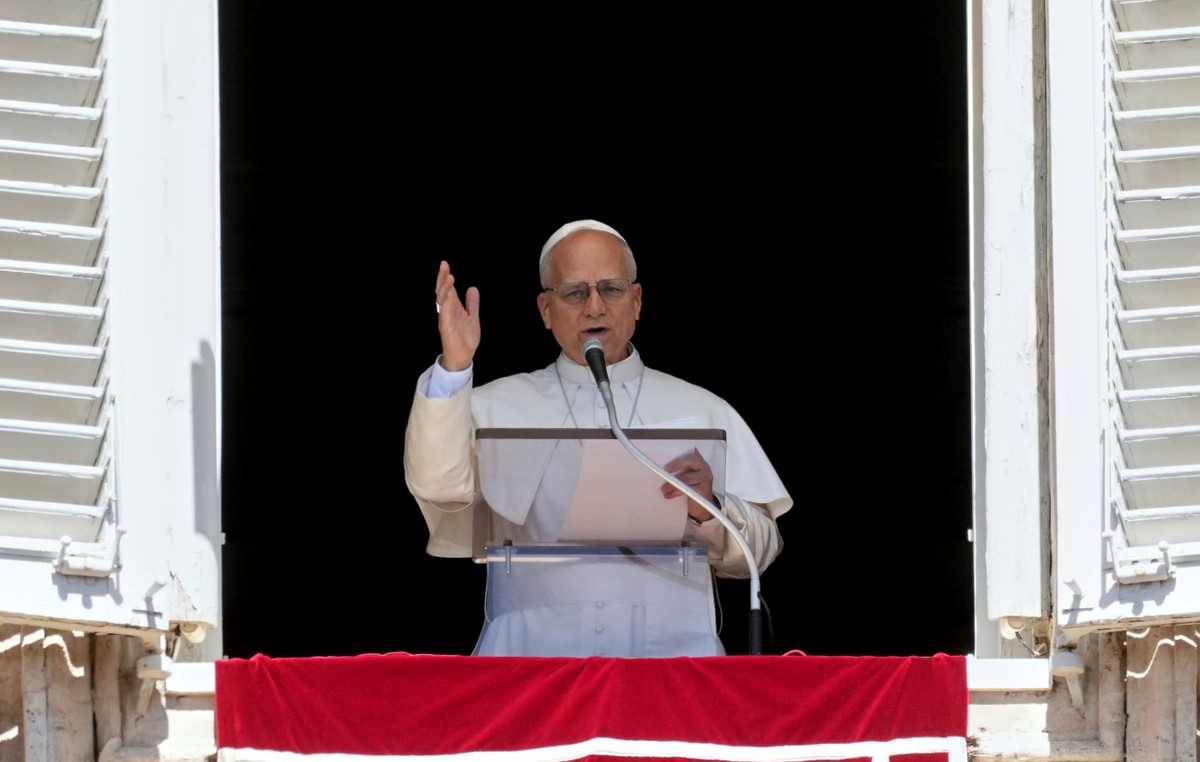Brazil ranks 15th in Austin Rating’s ranking of the highest inflations in the G20, plus the Euro Zone and Spain. The country rose one position after Australia released its index on Wednesday (26). Seven countries have lower inflation than Brazil: Canada, Indonesia, France, South Korea, Saudi Arabia, Japan and China.
Australian inflation rose more than expected in the September quarter, reaching a 32-year high. In the 12-month period, it closed at 7.8%. The Consumer Price Index rose 1.8% in the three months to September 30 from the previous quarter, according to data from the Australian Bureau of Statistics (ABS), released on Wednesday (26).
Australia was the last country to report inflation for September on the list of G20 nations. With these data, the country came to occupy the 14th place, a position that was held by Brazil. In this scenario, Turkey tops the list with inflation at 83.5% in 12 months. Then comes Argentina with 83% in the same period and, in third place, Russia – which is at war – with 13.7%.
Australia scenery
According to Alex Agostini, chief economist at Austin Rating, following this result, the Australian Bureau of Statistics will change the CPI disclosure format, which was quarterly. Starting next month, the disclosure will be monthly.
“Rising rent and fuel costs were the biggest contributors to the higher-than-expected reading as Australia struggles with high interest rates and rising commodity costs. Food costs also grew in the quarter due to supply chain problems and weather conditions”, he explains.
According to a note from the Central Bank of Australia, the institution is trying to maintain a balance between containing inflation and ensuring that high interest rates do not affect the economy. The body has raised rates seven times this year from ultra-low levels and has signaled a data-driven approach to future rate increases.
Inflation in the G20
In the view of the chief economist at Ryo Asset, Gabriel Leal de Barros, the result of this table shows that inflation is a widespread process among several countries. “Brazil, even having a relatively smaller economic performance than other nations, such as the European Union, Russia, Germany and the Euro Zone as a whole, shows that the spread of inflation is high among them, that is, the inflationary process is global”, he points out.
Barros explains that these indices are heavily influenced by commodities, especially agricultural, metal and energy. “The shock of these commodities is what is contaminating countries’ finances”, he explains.
The economist makes a reservation regarding the interest rate in Brazil. “As the Brazilian Central Bank started raising interest rates earlier and faster, they are reaping the rewards before other countries. If we compare with the Euro Zone, the central bank there took a long time to raise interest rates and now they suffer from high inflation”, he comments.
He attributes the same scenario to the United States. “The Fed took a long time to start a cycle of interest rate hikes; therefore, it will take time to reap the benefits of the monetary tightening”, concludes Barros.
Errata: in the article published earlier, we stated that 5 countries had lower inflation than Brazil. The correct is seven countries, as listed in the table.
Source: CNN Brasil
Joe Jameson, a technology journalist with over 2 years of experience, writes for top online news websites. Specializing in the field of technology, Joe provides insights into the latest advancements in the industry. Currently, he contributes to covering the world stock market.







